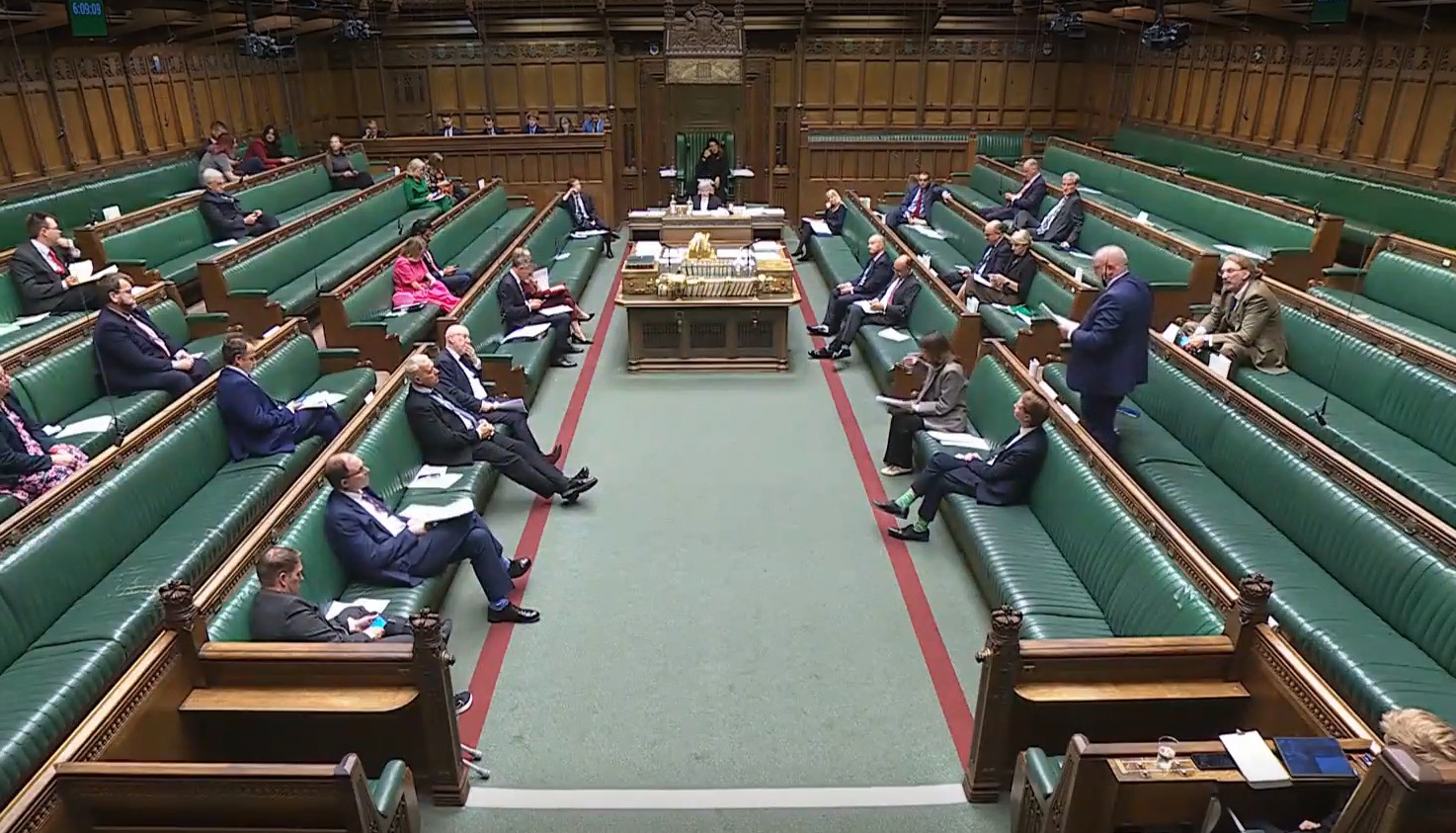
On the afternoon on Monday 15th September the government voted to overturn an amendment in the Employment Rights Bill to strengthen protections for whistleblowers.
The amendment – which had been voted in by peers in the House of Lords – would have required the government to broaden unfair dismissal grounds and, for the first time, require large employers to take reasonable steps to investigate whistleblowing concerns. Drafted, with our support, by Labour Peer Michael Wills and tabled by Liberal Democrat Susan Kramer it passed with considerable backing in the House of Lords from all parties and none, with a majority of close to a hundred.
However, as it wasn’t tabled by the government, its chances of being adopted in the final bill diminished. In the lead up to the ping-pong session the government made clear its intention to override all non-government amendments from the Lords. Despite strong cross-party support, with both Conservative and Liberal Democrat spokespersons Andrew Griffith and Sarah Olney giving strong speeches in defence of it, government MPs voted to remove the amendment on a party-line vote.
Growing support for change
While we may not have seen success with the inclusion of this amendment in the final bill we believe this is a case of whistleblowing reform taking two steps forward, and one step back. Throughout this campaign, we’ve shown that there is significant political support for our cause and widespread cross-party agreement behind change. Whistleblowing was raised throughout nearly every stage of the bill’s process, from the Commons Committee Stage to the bill’s final debates. This amendment not only received majority support from the Lords, it also received unanimous support from the opposition benches in the Commons, with votes in favour from the Conservatives, Liberal Democrats, Reform, and the Greens. Government Ministers have also conceded at the despatch box that whistleblowing law is badly out of date and in need of fixing, and have pledged to eventually review it. We will be making sure the government honours this commitment within this Parliament.
Positive steps forward
But it isn’t all bad news for whistleblowing. The Employment Rights Bill includes some real advancements, specifically focused on addressing sexual harassment in the workplace and controlling the use of non-disclosure agreements (NDAs). The bill updates existing workplace sexual harassment law by strengthening the employer’s duty from taking “reasonable steps” to taking “all reasonable steps” to prevent sexual harassment, clarifies that all complaints of sexual harassment qualify as protected disclosures (the legal term for whistleblowing), and will ban employers from using NDAs that silence workplace harassment and abuse.
Support across the Houses
We would like to thank the many MPs and peers who have supported our campaign over the past ten months and more. Notable mentions go to the following for their determination and commitment to driving a change in the law: Steve Darling, Sarah Gibson, Alex Sobel, Julian Smith, Lord Michael Wills, Baroness Susan Kramer, Baroness Jenny Jones, Lord Cromwell, Andrew Griffith, Sarah Olney and Ian Roome.
